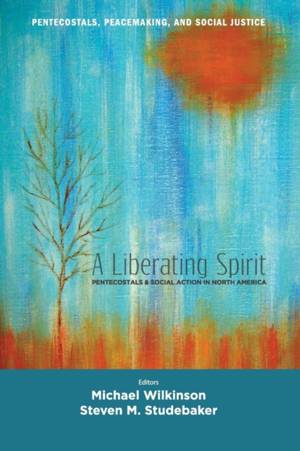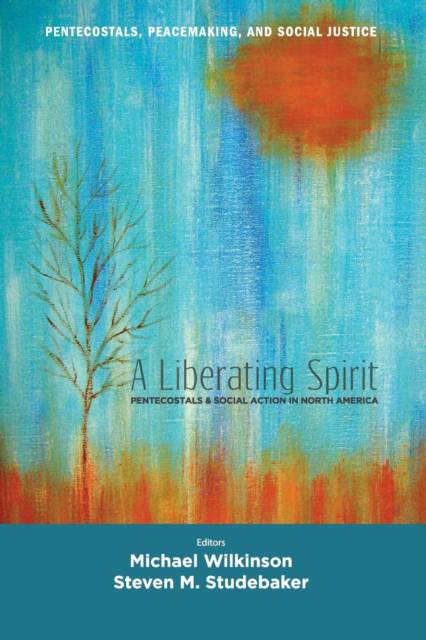
- Afhalen na 1 uur in een winkel met voorraad
- Gratis thuislevering in België vanaf € 30
- Ruim aanbod met 7 miljoen producten
- Afhalen na 1 uur in een winkel met voorraad
- Gratis thuislevering in België vanaf € 30
- Ruim aanbod met 7 miljoen producten
Zoeken
A Liberating Spirit
€ 51,95
+ 103 punten
Omschrijving
The historical ambivalence among Pentecostals about their relationship to culture and society needs evaluation. How do we understand Pentecostal engagement with society, and how are Pentecostals in North America engaging issues of race, class, gender, and ecology? What theologically motivates North American Pentecostals to respond to social issues? What categories best explain Pentecostal responses to social issues in North America? How do they compare to Pentecostal responses elsewhere? Recently, scholars of global Pentecostalism have proposed that the experience of the Spirit among Pentecostals has elicited the development of a Pentecostal "theology of liberation," which has implications for understanding Pentecostal responses to social issues. These projects primarily explore the Pentecostal response to cultural issues in areas outside of North America and especially focus on Africa, Asia, and Latin America. This volume assesses whether the categories of social liberation applied to non-Western Pentecostalism characterize Pentecostalism in North America. Is there evidence of a Pentecostal "theology of liberation" that explains Pentecostal engagement in North America? Do social-liberation categories fit the North American Pentecostal responses to social issues or are others more suitable? These and other important questions about the relation between liberation theology and North American Pentecostalism are thoroughly explored in this important collection of essays.
Specificaties
Betrokkenen
- Uitgeverij:
Inhoud
- Aantal bladzijden:
- 288
- Taal:
- Engels
- Reeks:
- Reeksnummer:
- nr. 2
Eigenschappen
- Productcode (EAN):
- 9781608992836
- Verschijningsdatum:
- 13/09/2010
- Uitvoering:
- Paperback
- Formaat:
- Trade paperback (VS)
- Afmetingen:
- 152 mm x 226 mm
- Gewicht:
- 408 g

Alleen bij Standaard Boekhandel
+ 103 punten op je klantenkaart van Standaard Boekhandel
Beoordelingen
We publiceren alleen reviews die voldoen aan de voorwaarden voor reviews. Bekijk onze voorwaarden voor reviews.










